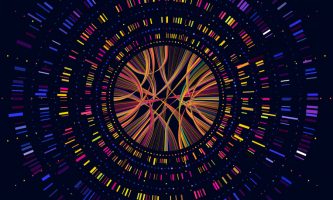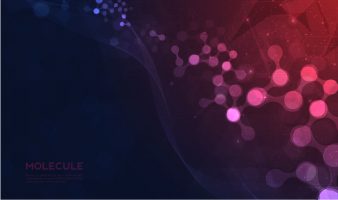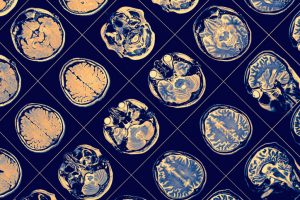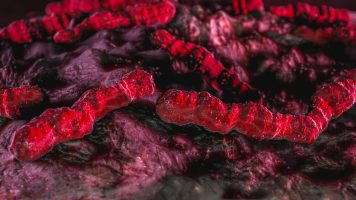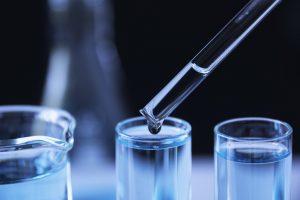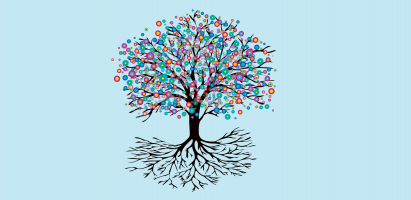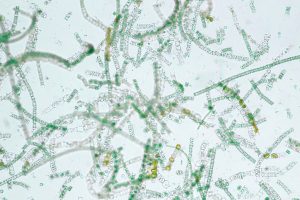
June 25, 3pm – Trina McMahon
Trina McMahon, Vilas Distinguished Achievement Professor, Civil and Environmental Engineering
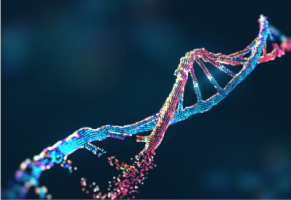
May 28, 3pm – Jason Peters
Jason Peters, Assistant Professor, School of Pharmacy – Pharmaceutical Sciences Division
Bacteroides thetaiotaomicron as a chassis for understanding gut-resident bacteriophages

Our emerging view of the gut microbiome largely ignores the roles and identities of bacteriophages (phages) in this ecosystem. Though phages are abundant in the gut, methods of data generation and analysis routinely used in microbiome science neglect phage biology, leaving important basic questions unaddressed. Which bacterium does a predicted phage infect? How are ecosystem dynamics impacted by phages? How do phages impact the health of the eukaryotic host? To help fill these gaps in understanding, we isolated a large collection of phages from the United States and Bangladesh that are specific to the prominent human gut symbiont, Bacteroides thetaiotaomicron. Using a panel of isogenic B. thetaiotaomicron mutants, we show that multiple phase variable mechanisms, including capsular polysaccharides (cps), modify bacteriophage susceptibility. Because the expression of cps by Bacteroides in the gut is affected by inputs such as inflammation and host diet, we are using these phages to test foundational hypotheses on the roles of phages in the response of the gut microbiome to ecological disturbances. Additionally, genomic analysis of these phages and comparison to existing metagenomic datasets reveals unexplored sequence space. Taken together, this work provides a foundation and direction for uncovering the identities and roles of phages in the gut microbiome, with relevance for how we treat the microbiome-host interactions central to our health.

